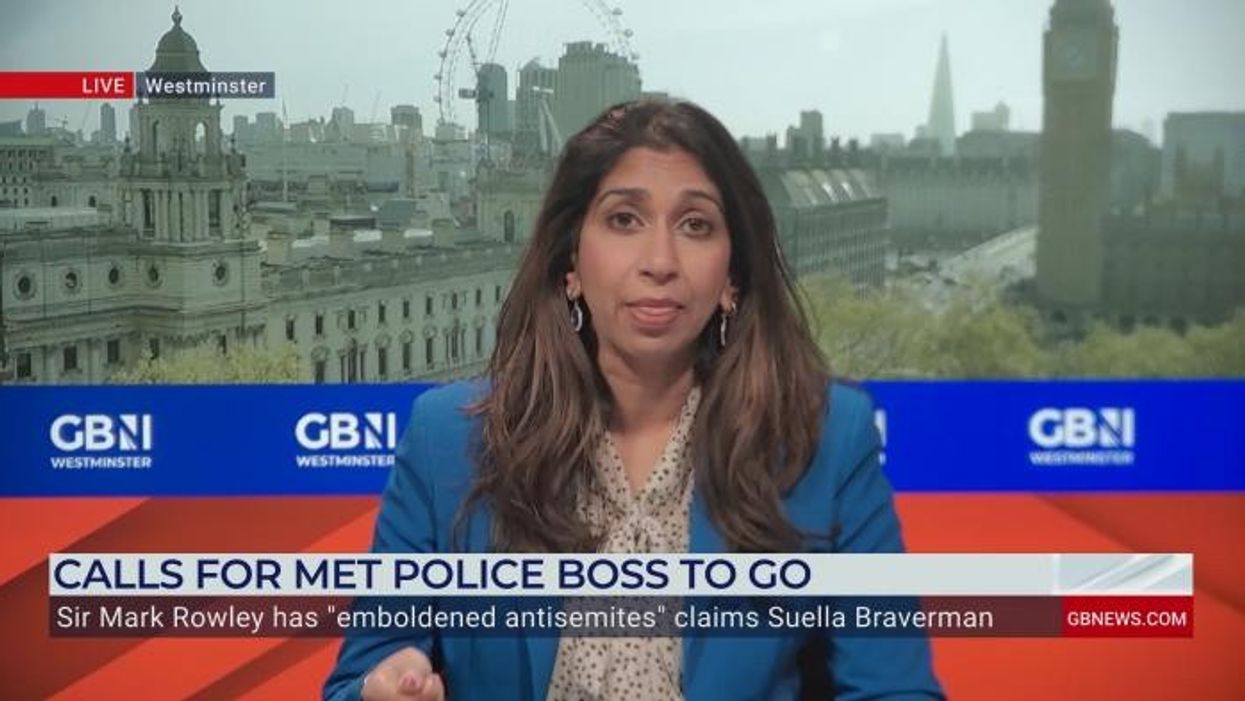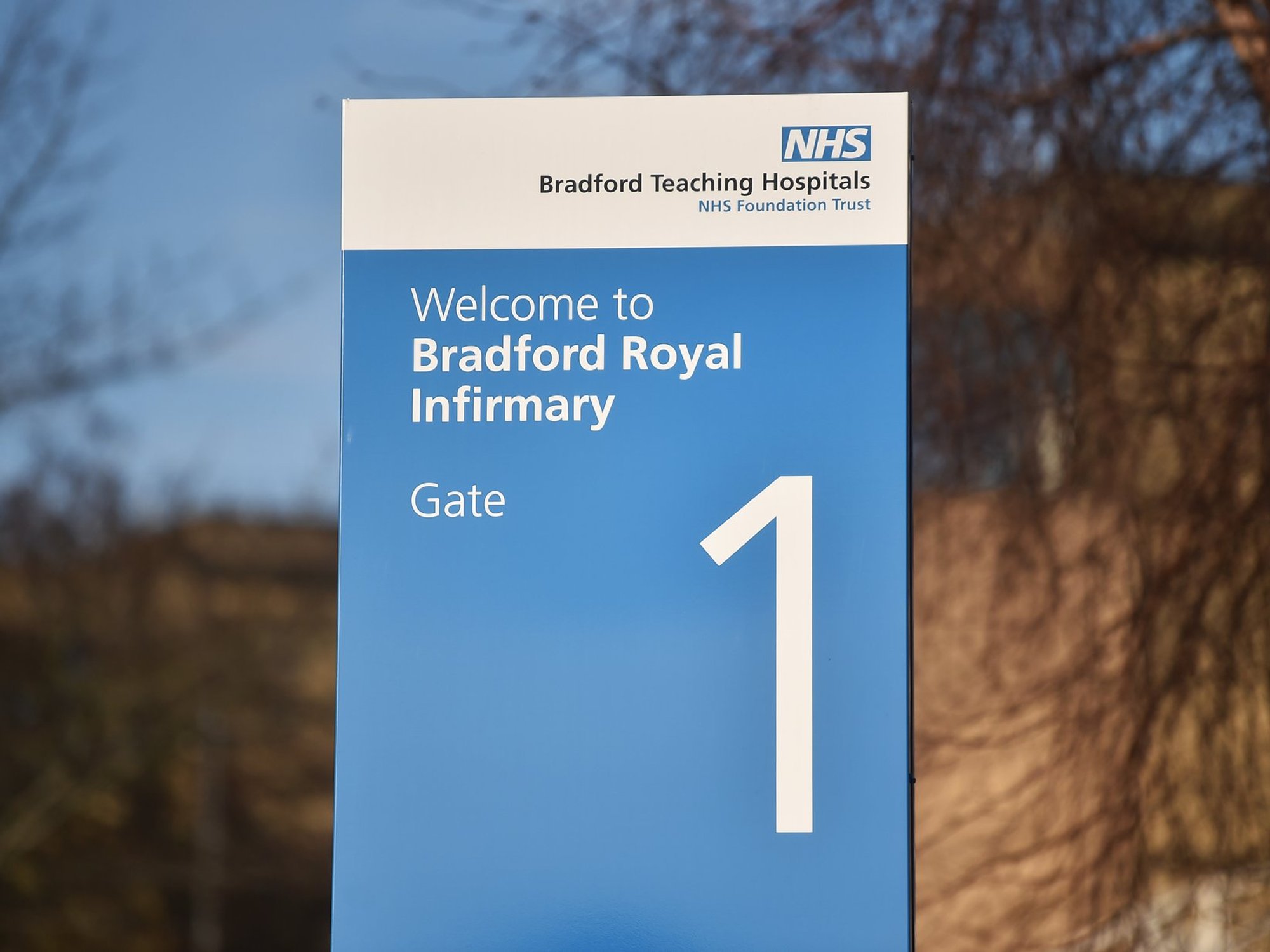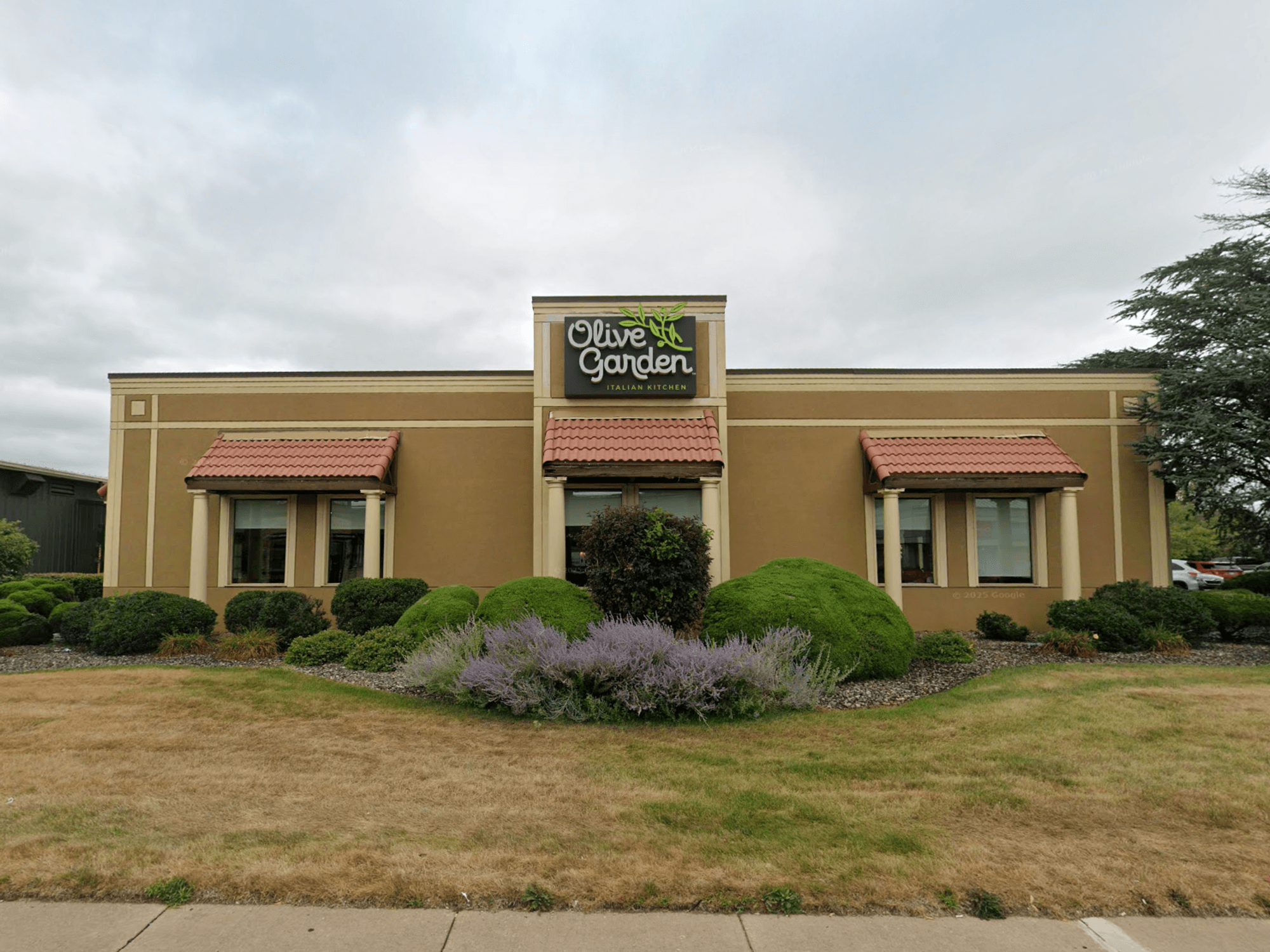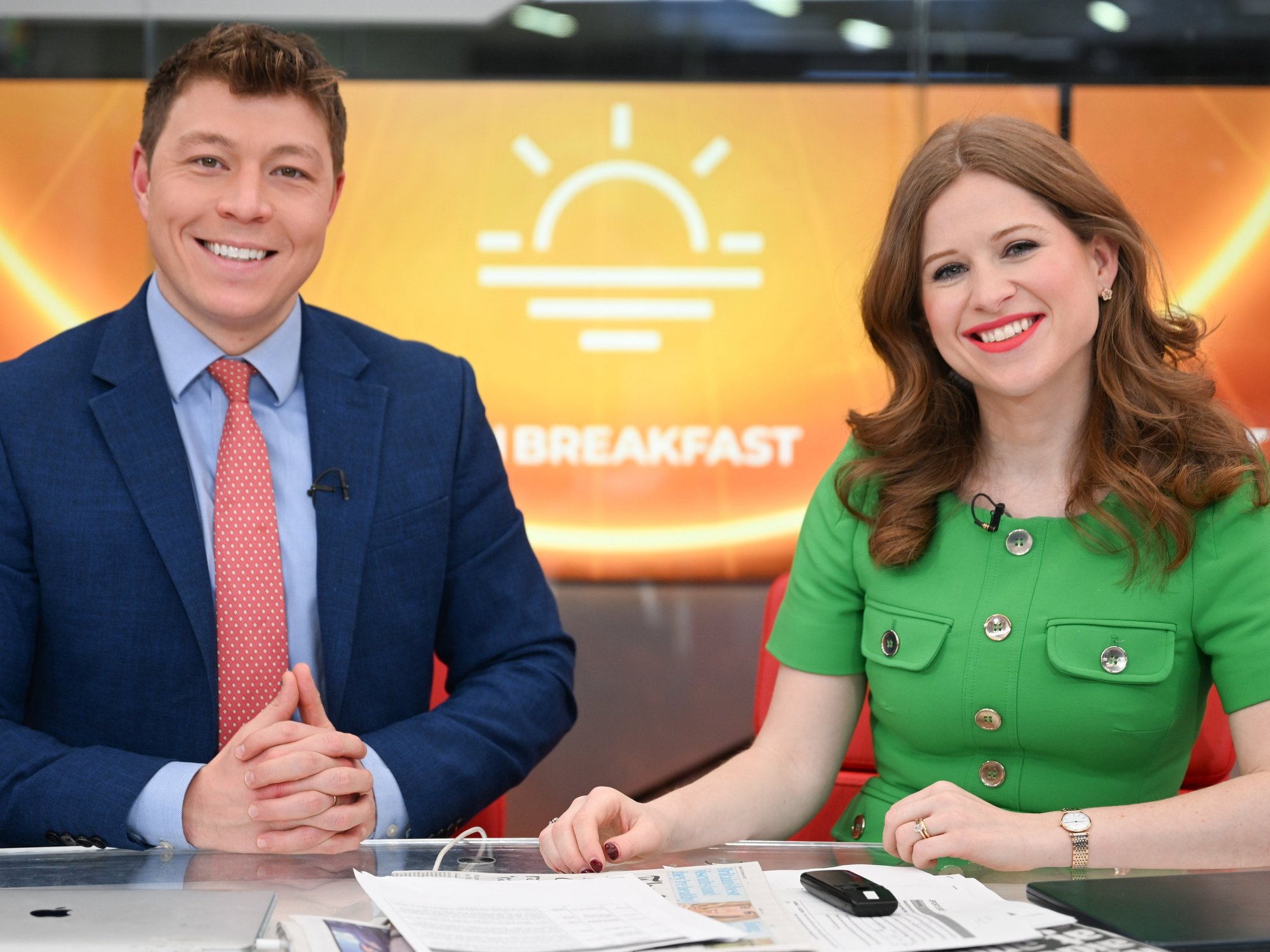Your Area, Your Issues: Police call response times - how does your local force rank?

See how your local police force compares to others across the country in this GB News Membership analysis
Don't Miss
Most Read
The slowest police force in the UK is taking over half a minute to respond to urgent calls.
New data from the national site for policing in the UK revealed the fastest and slowest average response time for calls to be transferred from BT to each police force, as well the total number of calls from March 2023 to February 2024.
The mean answer time for each month was weighted by experts from personal injury experts Claims.uk to calculate the final average and determine the ranking.
A spokesperson from claims.uk has commented on the findings: "The time it takes for the police to respond to a 999 call is crucial – the longer the caller waits, the higher the risk of harm and danger to the individual.
"While it's great to see that the average call response time for the top ranking forces is under 10 seconds, those that rank at the bottom will likely be concerning to locals.
"However, the slowest response times should not instigate doubt on the perseverance and effort of police forces throughout the UK, as it instead suggests that the bottom-ranking forces are understaffed; these areas perhaps need more funding so that they can offer as much support as possible to residents of their areas."
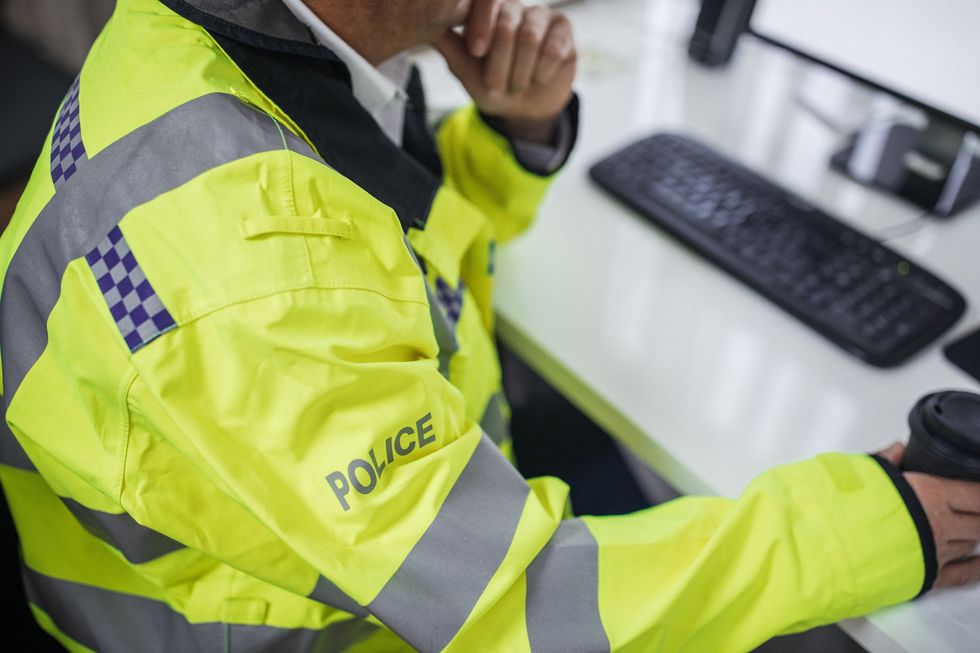
Here are the stats for call response times for entirety of the UK
|Getty
At the top of the table was Lincolnshire Police take the top spot in the rankings with the fastest call response time with an average of seven seconds. The quickest response time came within this police force in January 2024, with an average response time of just 5.34 seconds.
In second place is Norfolk Constabulary, with the average call response time being 7.16 seconds; the mean answer time for each month is under eight seconds.
Coming in at third is West Yorkshire Police, with an average call response time of 7.65 seconds. In January this year, West Yorkshire Police experienced the fastest mean answer time of 5.22 seconds, the quickest of the top five ranking forces.
In fourth place is Cleveland Police, whose average call response time is 7.75 seconds. Cleveland Police witnessed their quickest mean answer time in March 2023 at 6.91 seconds.
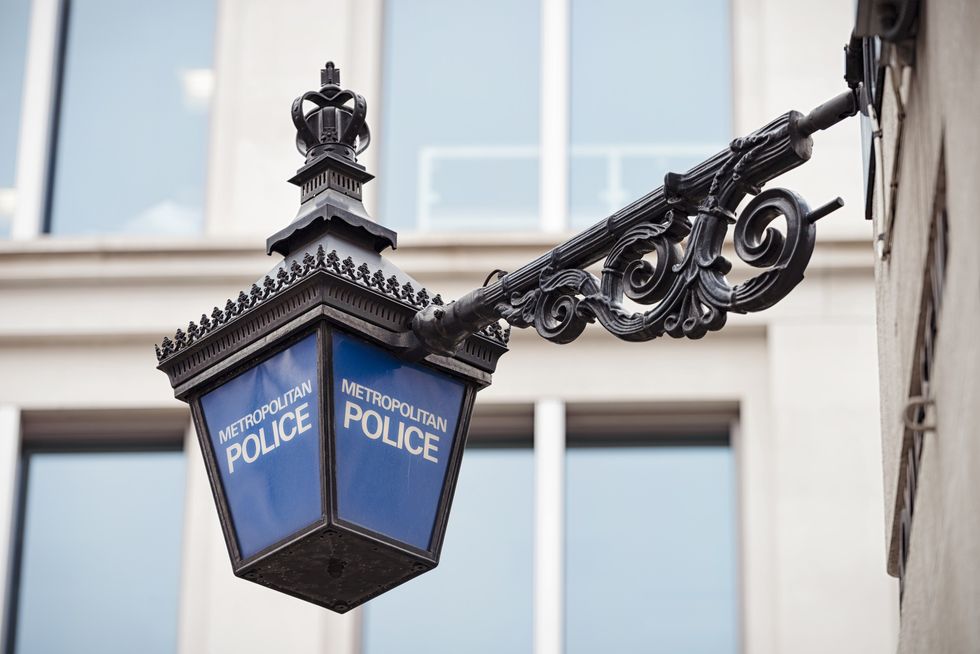
The Met Police ranked in 39th place in the country
|Getty
Meanwhile, at the other end of the table, the slowest ranking police force is Bedfordshire Police with the average standing at 30.33 seconds. The slowest mean answer time was in June last year at over a minute long, at 61.34 seconds.
Coming in second last is Wiltshire Police, with the average response time being 19.69 seconds. The mean answer time within this force was the slowest in May last year at 28.58 seconds.
One step up is West Mercia Police, with an average response time of 18.47 seconds. The mean answer time was the slowest in September 2023 at 28.15 seconds.
You can check the full ranking for every police force across the UK below.
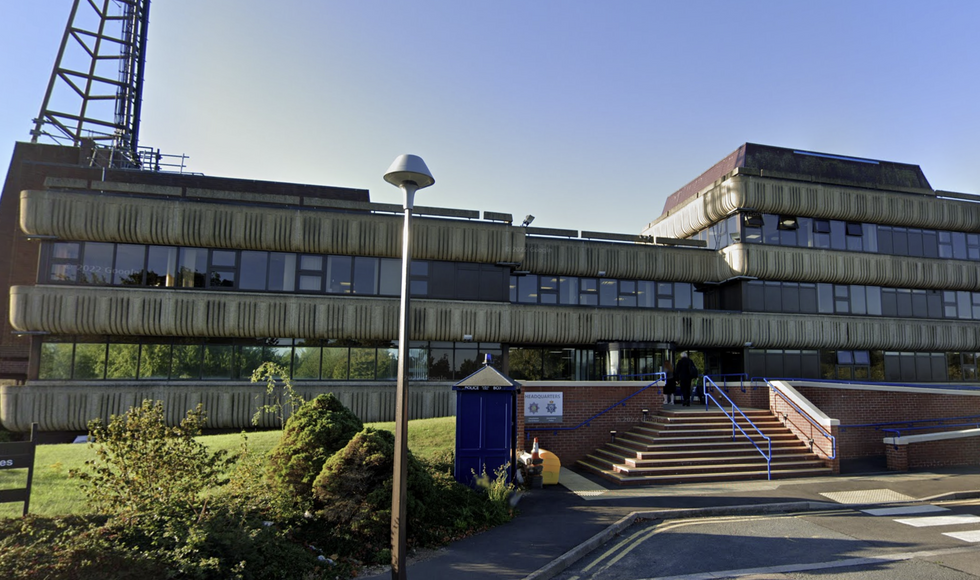 Lincolnshire Police ranked at the top of the list | Google Maps
Lincolnshire Police ranked at the top of the list | Google MapsFull ranking for average police call response times in the UK:
- Lincolnshire Police - 7.00 seconds
- Norfolk Constabulary - 7.16 seconds
- West Yorkshire Police - 7.65 seconds
- Cleveland Police - 7.75 seconds
- Greater Manchester Police - 7.88 seconds
- Derbyshire Constabulary - 8.06 seconds
- Cumbria Constabulary - 8.17 seconds
- Northamptonshire Police - 8.32 seconds
- North Wales Police - 8.81seconds
- Nottinghamshire Police - 8.98 seconds
- West Midlands Police - 9.23 seconds
- South Yorkshire Police - 9.34 seconds
- Gwent Police - 9.39 seconds
- Dyfed-Powys Police - 9.54 seconds
- Humberside Police - 9.64 seconds
- South Wales Police - 10.20 seconds
- Police Service of Northern Ireland - 10.21 seconds
- Hertfordshire Constabulary - 10.32 seconds
- Cheshire Constabulary - 10.41 seconds
- Lancashire Constabulary - 11.08 seconds
- Police Scotland - 11.69 seconds
- Sussex Police - 11.73 seconds
- North Yorkshire Police - 11.89 seconds
- Thames Valley Police - 11.97 seconds
- Warwickshire Police - 12.03 seconds
- Gloucestershire Constabulary - 12.21 seconds
- Merseyside Police - 12.41 seconds
- Northumbria Police - 12.64 seconds
- Dorset Police - 12.79 seconds
- Staffordshire Police - 13.16 seconds
- Avon and Somerset Constabulary - 13.34 seconds
- Essex Police - 13.35 seconds
- Kent Police - 13.46 seconds
- Devon & Cornwall Police - 13.78 seconds
- Leicestershire Police - 14.71 seconds
- Durham Constabulary - 15.40 seconds
- Surrey Police - 16.27 seconds
- Hampshire Constabulary - 16.59 seconds
- Metropolitan Police Service - 16.62 seconds
- Suffolk Constabulary - 17.00 seconds
- Cambridgeshire Constabulary - 17.19 seconds
- West Mercia Police - 18.47 seconds
- Wiltshire Police - 19.69 seconds
- Bedfordshire Police - 30.33 seconds
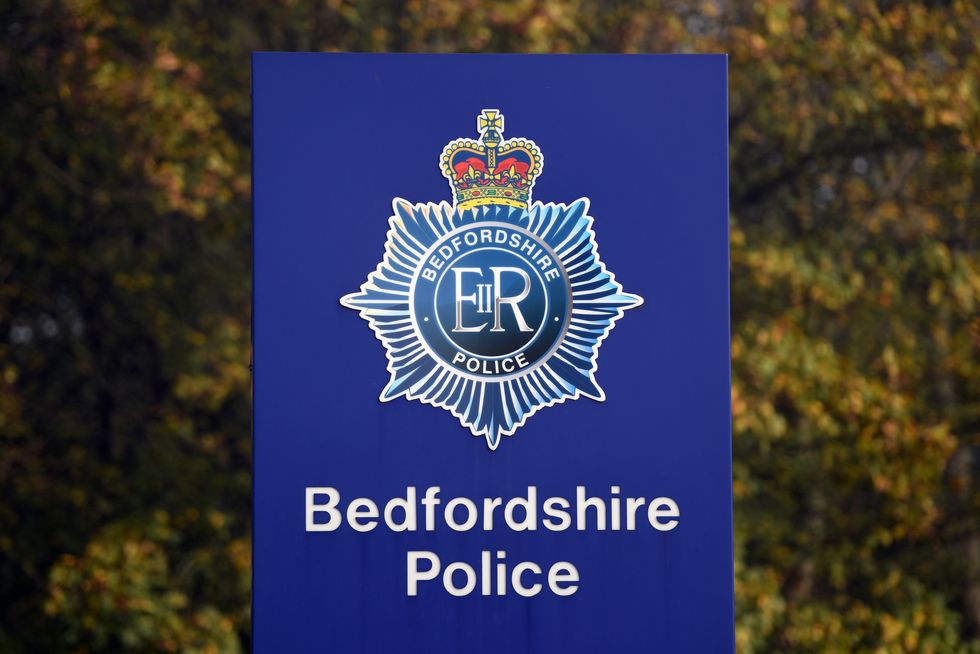
A spokesperson for Bedfordshire Police said they have "increased staffing levels"
|PA
Head of public contact at Bedfordshire Police Superintendent Graham Bates told GB News: "Our current average wait time is four seconds, with more than 94 per cent of 999 calls being answered within 10 seconds last month. This is a marked improvement from last summer, when we faced unprecedented demand.
“We are committed to making sure we are available for the people who really need us. Over the past year, we have increased staffing levels in our force control room which has enhanced the service we deliver. We also continuously look for ways to improve our systems and processes to meet the evolving needs of our communities.
"However, we still need the public’s help in preventing our emergency lines from becoming overwhelmed.
“999 is for when there is a risk to life or safety, or a crime is in progress. In all other cases, we have alternative avenues for reporting, such as our 101 non-emergency line and online services.
“By taking a moment to assess whether a situation is an emergency, callers can help us keep our 999 lines open for anyone in immediate danger or requiring urgent assistance, enabling us to provide an efficient and effective response to those who need it most.”
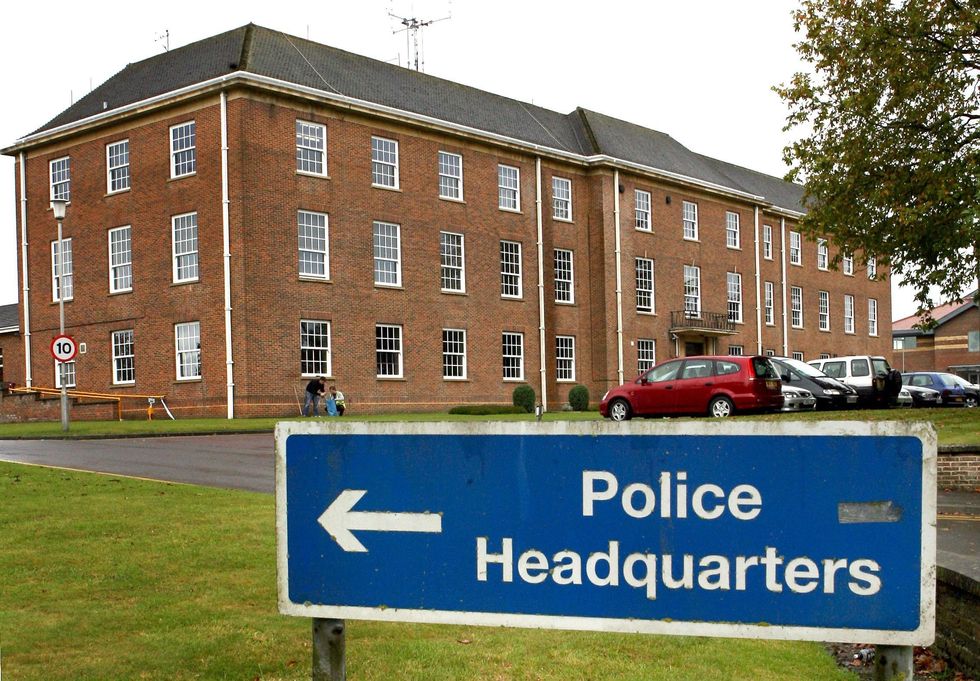
Wiltshire Police HQ
|PA
Head of contact management for Wiltshire Police Chief Superintendent Dave Minty told GB News: "Call answering time refers to the time between a caller dialling 999 and them getting through to a Wiltshire Police call handler. It’s important to understand that the first element of this is the initial handling of the call by BT.
“That side of the call process is largely out of our control and we are in conversations with BT about what can be done to bring this time down. This is not only a challenge for Wiltshire Police but also a challenge nationally.
"However, it should be noted that we are meeting our target response times for rural locations (20 mins) and urban areas (15 mins) in the vast majority of cases - this is the important part as it relates directly to us being able to respond effectively to the communities we serve.
"And because of the investments we have made in the control room, we are seeing these attendance rates continuing to improve."
Superintendent Damian Pettit, public contact lead for West Mercia Police told GB News: "The public can be confident that when they call us in an emergency we will answer as quickly as possible. We are constantly identifying ways to improve our service and over the last 12 months we have invested in additional staff, new technology for our control room and more efficient processes.
"The public can also help us to continue to answer their calls as quickly as possible by only dialling 999 in a genuine emergency. This includes where a crime is occurring at the time or someone’s welfare is at immediate risk. This ensures we can help those who need a police response most to receive it as quickly as possible.
"Where 999 is used for a non-emergency, the call will be given non-emergency priority, meaning it will not result in the matter being dealt with more quickly than by calling 101 or reporting online.
"If it’s not an emergency, then our online reporting system on our website is quick and easy to use – and the matter will be handled in exactly same way as a phone call to us. The 101 service is also still available for anyone wishing to report non-urgent matters who are unable to do so online."
A BT spokesperson told GB News: “The data that BT provides to government to inform the Police 999 call answer league tables is collected and calculated uniformly across the country. Our data is based on the answer time of a 999 call once a BT operator acknowledges a human answer by the service.
"We understand that Police forces measure call times in different ways, using different systems, so there are likely to be discrepancies in how their data is captured and presented."


